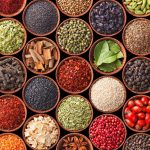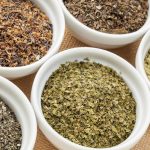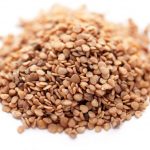
Cardoon – sources, health benefits, nutrients, uses and constituents at NaturalPedia.com
Tuesday, August 29, 2017 by Jhoanna Robinson
http://www.naturalnewsherbs.com/2017-08-29-cardoon-sources-health-benefits-nutrients-uses-and-constituents-at-naturalpedia-com.html
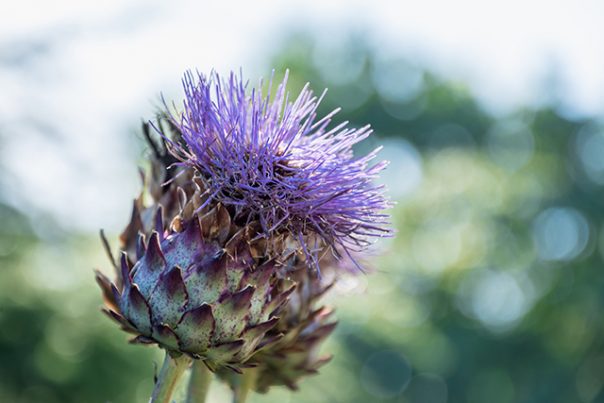
Cardoon, which has the scientific name Cyanara cardunculus, also goes by the names artichoke thistle, cardi, cardone, and carduni. It belongs to the sunflower family of Asteraceae and is widely cultivated in dry central Mediterranean regions such as Morocco, Libya, and Greece and some areas in southern Europe like Portugal, France, and Spain.
Cardoon, a perennial and herbaceous plant, can grow up to a height of 1.5 meters, while its leaves can grow up to 50 centimeters long. To remove the bitterness of the leaves, try blanching them. Blanching is a cooking process wherein you submerge the food under boiling water and then run them under cold water after some time.
Cardoon’s flowers have a violet-purple hue and are approximately six cm in diameter. They are smaller in size than the flowers of the artichoke. Cardoon’s stalks, on the other hand, resemble those of celery‘s sweet and nutty taste.
It grows best between the months of November and February in well-drained soils. Its oil extracts are similar to sunflower oil. Also, its stalks can be used to prepare sumptuous dishes that are served during the Christmas Eve festivities in France, Italy, Sardinia, Sicily, and Spain.
Cardoon served as the feedstock for the first biorefinery in the world, which is a petrochemical plant that is located in Sardinia, an Italian island in the Mediterranean Sea.
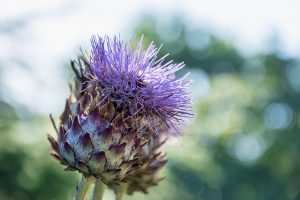
List of known nutrients
- Caffeic Acid
- Calcium
- Carbohydrates
- Dietary Fiber
- Iron
- Luteolin
- Magnesium
- Phosphorus
- Phytonutrient
- Potassium
- Protein
- Silymarin
- Sodium
- Vitamin A
- Vitamin B1 (Thiamin)
- Vitamin B2 (Riboflavin)
- Vitamin B3 (Niacin)
- Vitamin B5 (Pantothenic Acid)
- Vitamin B6 (Pyridoxine)
- Vitamin B9 (Folate)
- Vitamin C (Ascorbic Acid)
Medicinal uses for cardoon
The iron in cardoon is essential to red blood cell formation. It can also help treat insomnia or sleeplessness.
Cardoon can provide for the body’s proper growth and development. It optimizes motor and mental functions by making one more agile and alert and helping one improve his memory and boost his cognitive skills.
Body systems supported by cardoon
Cardoon is good for the immune system. It contains vitamins and minerals that have antioxidant properties, enabling the body to fight cancer-causing elements and harmful free radicals that would have otherwise destroyed healthy cells in the body. Its iron content also provides for the proper transportation of oxygen to damaged organs, cells, and tissues to lessen the risks of diseases and infections.
Cardoon is good for the digestive system. Its iron content enables the body to properly digest and absorb food nutrients.
Cardoon is good for the excretory system. The potassium in cardoon prevents kidney stone formation. It also contributes vitally to proper gall bladder and liver function, optimizes digestive juice secretion such as bile, and regulates blood cholesterol levels.
Ways to use cardoon
Cardoon can be boiled in soups and stews, baked with butter or cream, braised, deep-fried, dipped in batter, or sauteed. Its root, stalks, and leaves are often served cold in salads.
Cardoon can be used to replace rennet – which is a complex of enzymes produced in the stomach of ruminant mammals such as antelopes, cattle, deer, giraffe, and sheep, among others – to make cheese.
Where to learn more
Summary
Cardoon can help treat insomnia or sleeplessness.
Cardoon can provide for the body’s proper growth and development.
Cardoon is good for the immune, digestive, and excretory systems.
Sources include:
Tagged Under: Tags: cardoon


